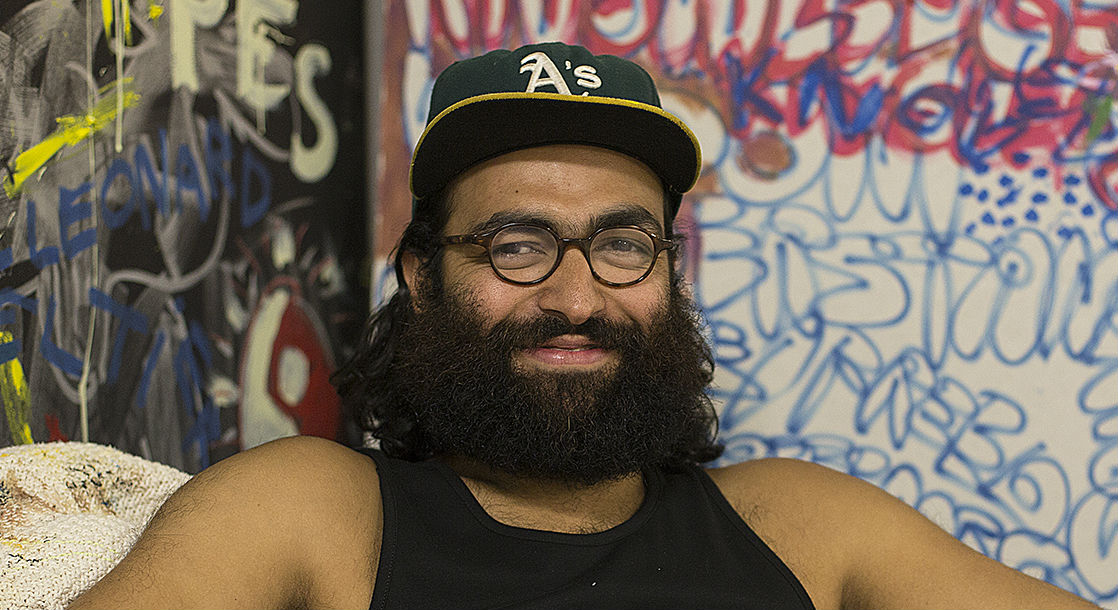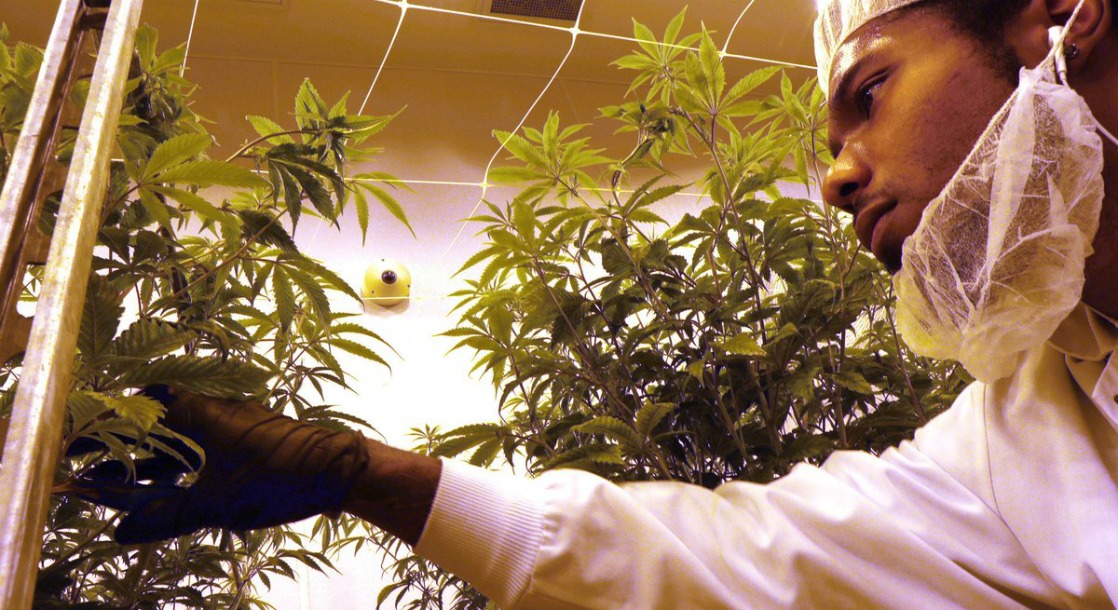As Europe’s largest economy struggles to cope with cannabis’s mainstream status, their laws lag behind.
Cannabis activism in Germany is on the rise. Like the great many states and countries before it, Germany is beginning to rethink its war or drugs, specifically pot, and according to a 2015 article appearing in Der Spiegel, shifting attitudes are representative on nothing short of a revolution. As of June 2015, 59% of Germans polled believed that cannabis should remain illegal in the country, but the support for legalization is coming from disparate political movements, showing that the growing change is not limited to the far left. The Green Party, the Left Party and the pro-business Free Democratic Party (FDP) have all made legalization a part of their platforms and it seems that overall, Germany’s legislative trends are switching toward legalization in a similar fashion to the United States—younger and more educated voters are slowly replacing their less-informed and more agedly-conservative forebears, creating a slow but strong march of progress.
Outside help for Germany’s cannabis crusaders arrived in the Summer of 2015 in the form of one Hubert Wimber, a retired law enforcement officer from a German college town, Münster, in which cannabis use is unsurprisingly popular. “We have had no success with [The German Narcotics Act] whatsoever," Wimber frankly told Der Spiegel. “The billions wasted on tackling and penalizing drug use would be better spent on education and prevention – Being rational doesn't get you far with this issue." What Wimber and other advocates for cannabis change in Germany hope to accomplish is proper regulation of the cannabis trade by the government, ensuring a safer product with a safer distribution system.
In October 2015, what would have become the first such experimental market in Germany was struck down by the German government’s pharmaceutical authority. The city of Berlin had hoped to establish a culture of “Coffee Shops” within its borders just as the Netherlands has done for decades. This was done in the twofold hope that such an experiment could prove cannabis both less harmful than the current laws allow for and that a similar cannabis tourism culture to that of the Netherlands could be established in the German capital. Though the measure failed in Berlin, Germans are confident, just as Americans are in the U.S., that 2016 will finally see the rising tide wash over any remaining opposition to sensible cannabis laws involving regulation and taxation.
"For us, the rejection of the plans was no surprise, and as such, it's also not a setback," Georg Wurth, a spokesperson for a pro-marijuana group in Germany, told International Business Times on October 5, 2015. The cities of Hamburg, Bremen, Münster and Düsseldorf had similar proposals on the table shortly after, and according to German cannabis enthusiasts, a true change of heart on the part of the government is just around the corner. Germany is unlikely to follow in the footsteps of a country like Portugal, who has found success by decriminalizing everything from cannabis to heroin, but it is becoming more and more clear to Germans, and those hoping to take advantage of a potential cannabis boom in Germany similar to those seen in legal U.S. states, that pot is becoming a part of mainstream society and it would behoove governments to heed the calls of their people. We might be several years from ordering a meticulously crafted joint on Friedrichstraße, but Germany is hardly an exception to the general rule that cannabis’s stigma continues to lessen by the day all over the civilized world.











